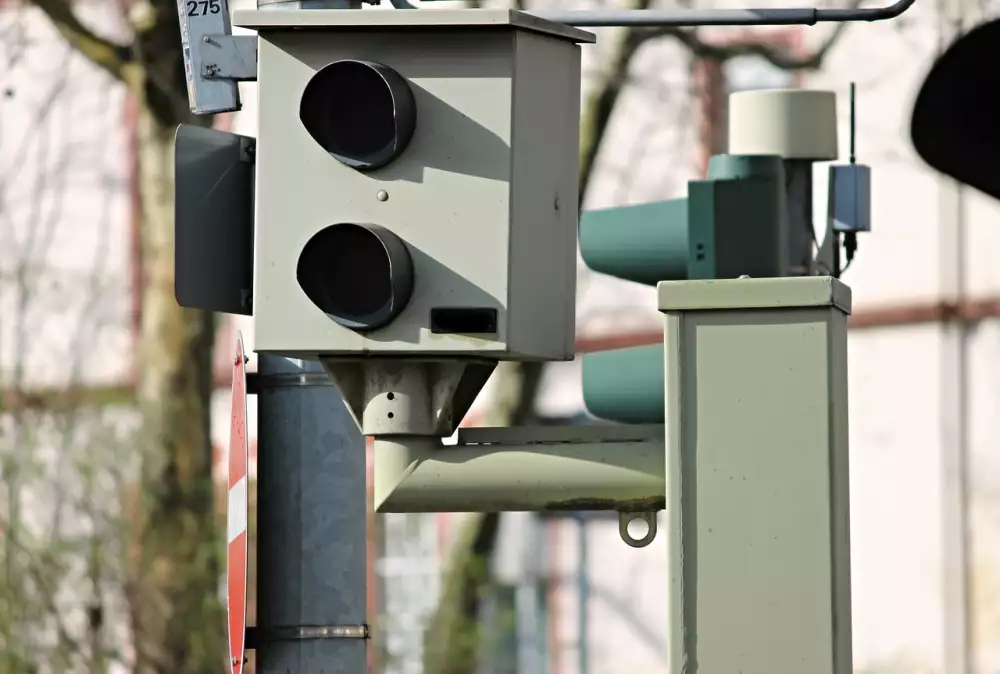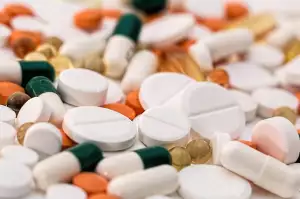Everything you need to know about lymph nodes: health and prevention

What are lymph nodes?
Lymph nodes are small oval-shaped organs that are found all over the body. They are part of the lymphatic system, which is important for the proper functioning of the immune system. Lymph nodes are connected by thin blood vessels called lymphatic vessels that carry a fluid called lymph. These nodes serve as filters that trap and remove pollutants and infections from the body. They also have the ability to produce white blood cells that fight infections. Lymph nodes are mainly found in the neck, armpits and groin, but can also be present in other areas of the body.
Functions of lymph nodes
The function of lymph nodes is to filter and clean lymph, which is the fluid circulating in the lymphatic system. Lymph nodes contain white blood cells, which are part of the immune system and serve to fight infections and diseases. The nodes also produce antibodies and help the body create an immune response to pathogenic microorganisms. Another function of the lymph nodes is also to capture and remove waste and toxic substances from the body. Overall, lymph nodes play a key role in maintaining a healthy immune system and protecting the body from infections.
What are the symptoms of lymph node problems?
Symptoms of lymph node problems can vary depending on the specific problem. The most common symptoms include enlargement of the lymph nodes, soreness, redness and swelling in the area around the lymph node. Fever, fatigue and a general feeling of illness may also occur. In some cases, there may be other specific symptoms related to a particular disease, such as rashes in infectious diseases. It is important to remember that these symptoms may not always indicate a serious problem, but it is advisable to take them seriously and seek medical attention for proper diagnosis and treatment.
Diagnosis and examination of lymph nodes
Diagnosis and examination of the lymph nodes are important to identify any problems. The doctor may perform a physical examination, during which he or she focuses on the size, shape, and consistency of the nodes. Another diagnostic method is an ultrasound scan, which can show the structure of the nodes and their surroundings. If a cancerous process is suspected, a biopsy may be performed, during which a tissue sample is taken for further laboratory examination. Other diagnostic options include CT or MRI scans, which provide more detailed information about the condition of the lymph nodes. A correct diagnosis is crucial to determine the appropriate treatment and care for the lymph nodes.
Possible causes of enlarged lymph nodes
Enlarged lymph nodes can be caused by a variety of factors. One cause may be an infection, such as a cold, tonsillitis or mononucleosis. Another possible cause is an autoimmune disease such as lupus or rheumatoid arthritis. Enlarged lymph nodes may also indicate the presence of a tumor in the body, such as blood cancer or lymphoma. Rarely, they may also enlarge due to medications or allergic reactions. It is important to see a doctor for a correct diagnosis and appropriate treatment.
Treatment and care of lymph nodes
Treatment and care for lymph nodes depends on the cause of the problem. In the case of infection, rest, plenty of fluids, and taking pain and fever medication are often recommended. In inflammation, antibiotics may be prescribed. For cancer, surgery, chemotherapy or radiotherapy is used. Proper hygiene, exercise and a healthy lifestyle are also an important part of lymph node care. It is important to avoid excessive stress and to keep regular check-ups with your doctor.
Prevention of lymph node problems
Prevention of lymph node problems is important for maintaining health. Here are some tips on how to take care of your lymph nodes: 1. Maintain a healthy lifestyle with a balanced diet and plenty of exercise. 2. Avoid prolonged exposure to toxic substances and chemicals. 3. Do not avoid exposure to infectious diseases. 4. If you wear tight clothing or jewelry, be aware of their pressure on the lymph nodes. 5. Drink plenty of water and avoid excessive alcohol and caffeine. 6. Try to minimize stress and relax regularly. By following these precautions, you can prevent potential lymph node problems and maintain your overall health.
When to see a doctor for lymph node problems
When lymph node problems occur, it is important to seek medical attention. If the nodes are enlarged, painful or hard to the touch, this may indicate a more serious problem. Likewise if there is fever, weight loss or persistent fatigue. The doctor will perform a thorough examination and assess the condition of the nodes. In some cases, further diagnostic tests such as ultrasound or biopsy may be necessary. Do not neglect your health and seek professional help if you suspect lymph node problems.
Finally, it is important to remember that lymph nodes are a key component of the immune system and their proper function is essential for maintaining health. It is important to pay attention to the symptoms of lymph node problems and seek medical attention early. Diagnosis and examination are key to determining the cause of enlarged lymph nodes and subsequent treatment. Prevention involves following a healthy lifestyle, strengthening the immune system and regular check-ups with a doctor. Be informed about your health and take care of your lymph nodes!
Published: 15. 11. 2023
Category: health




